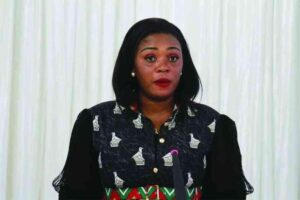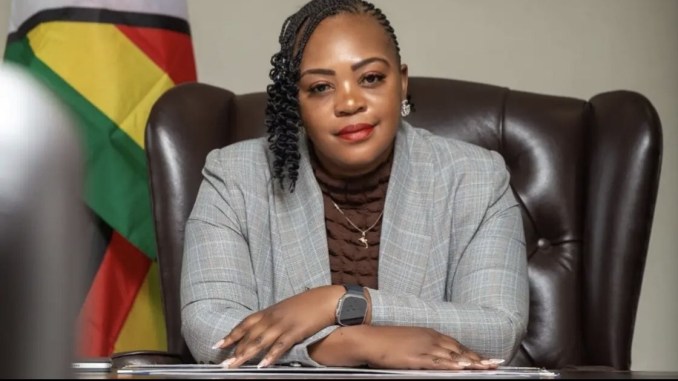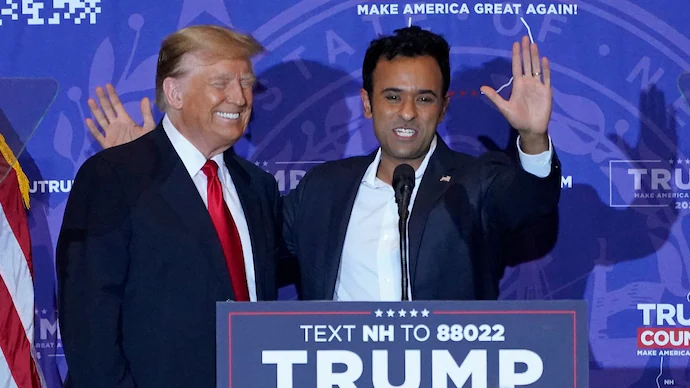Zimbabwe Government announced a new regulation that will require all WhatsApp group administration will now need to register with the post and Telecommunications Regulatory Authority of Zimbabwe and obtain a license to operate their group. WhatsApp Messenger is an instant messaging and voice over service owned by technology conglomerate Meta.
In an investigation on the use of social media in politics, it was found that whatsapp was being abused for the spread of fake news in the 2018 presidential election in Brazil.
Information Minister of Zimbabwe Monica Mutsvangwa stated that licensing would help to track the sources of false information. This comes alongside organization from church to business. The announcement from Zimbabwe Government immediately criminalized something done by many Zimbabwe as part of their business marketing and customer communication. The announcement was made by Zimbabwe Minister of information, communication technology, postal and courier services Tatenda Mavetera.

The licence cost will be at least $50. The regulation aims to curb misinformation and align with the data protection act. The announcement has sparked considerable debate among citizens and online activists. The admin needs to provide personal information to comply with the licensing process.
Moreover, the requirement for personal information raises privacy concerns, as group admins may be hesitant to share sensitive data with the government, many are questioning how the licensing process will be implemented and whether it will be enforced fairly.
As Zimbabwe moves forward with this regulation, the balance ensures security and protecting civil liberties remains a contention topic.
Mavetera emphasized that the policy would affect not only business but also community organization, churches and other groups that collect and manage personal data. The new rules are designed to ensure compliance with Zimbabwe’s Data protection act, which governs how personal information is handled. Critics argue that the policy could be used as a tool to stifle political dissent, as it comes at a time when there is increasing concern over government surveillance and crackdown on opposition voices. The government pushed for WhatsApp group administration to register and follow strict data protection rules.




